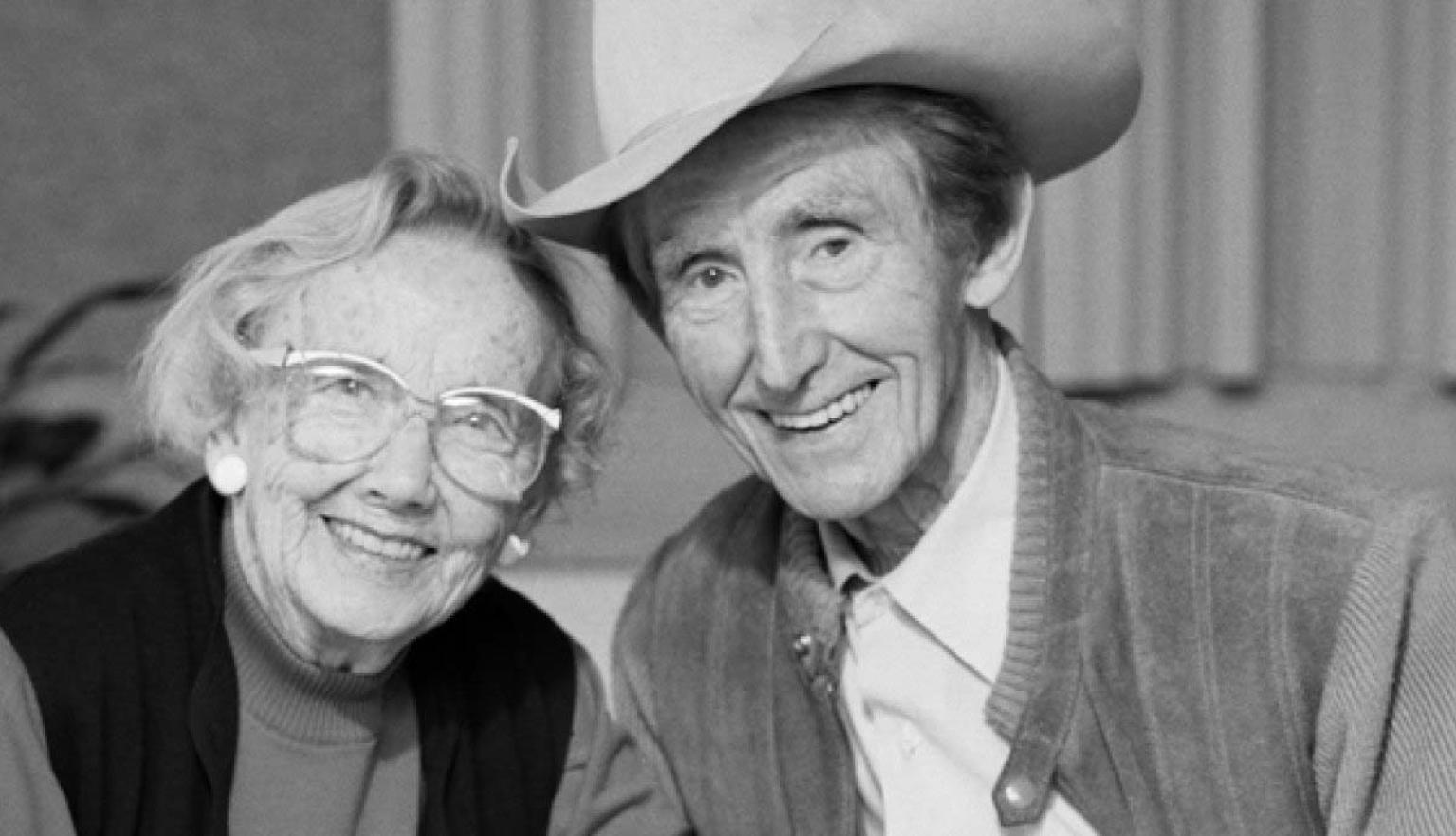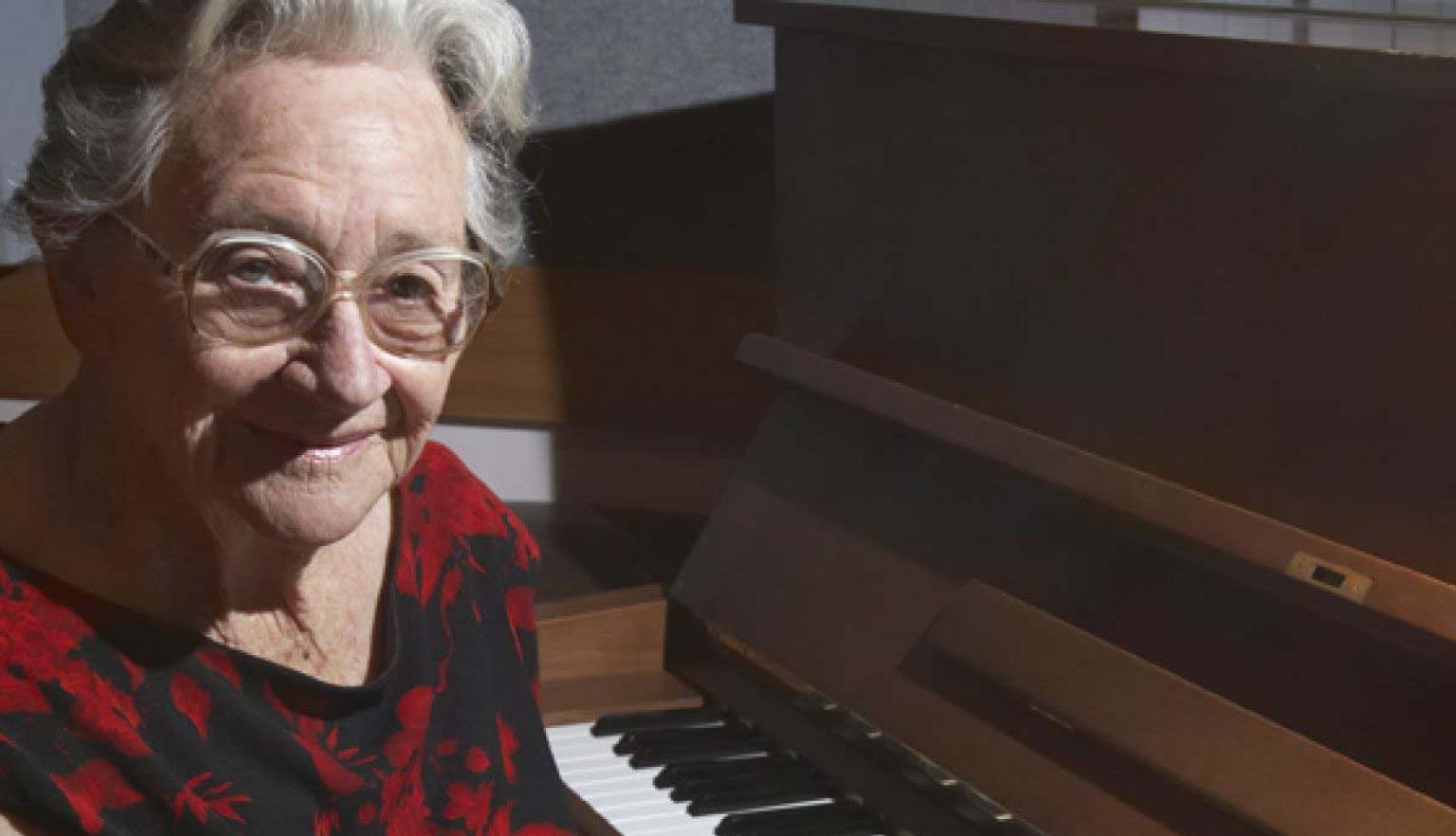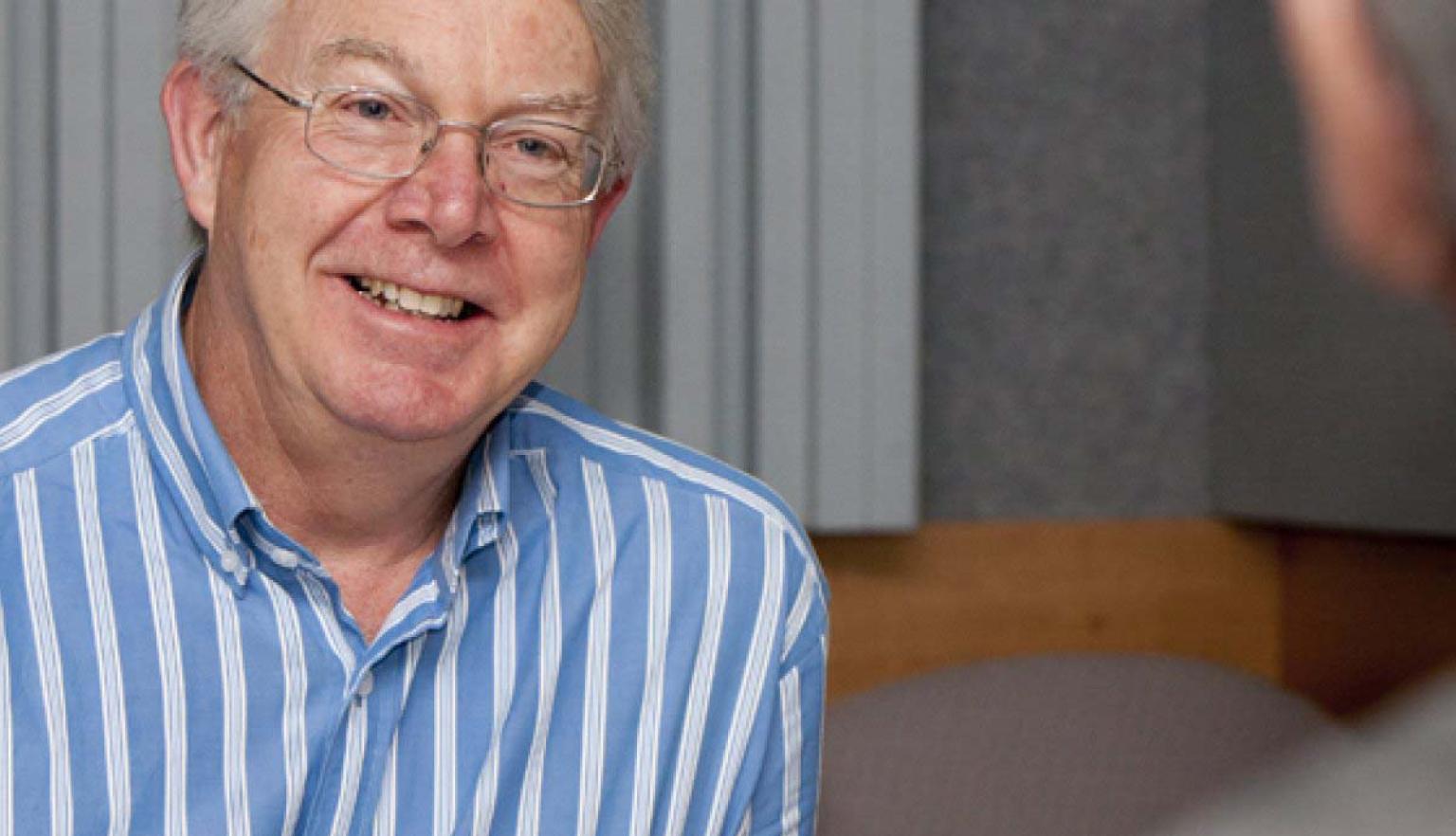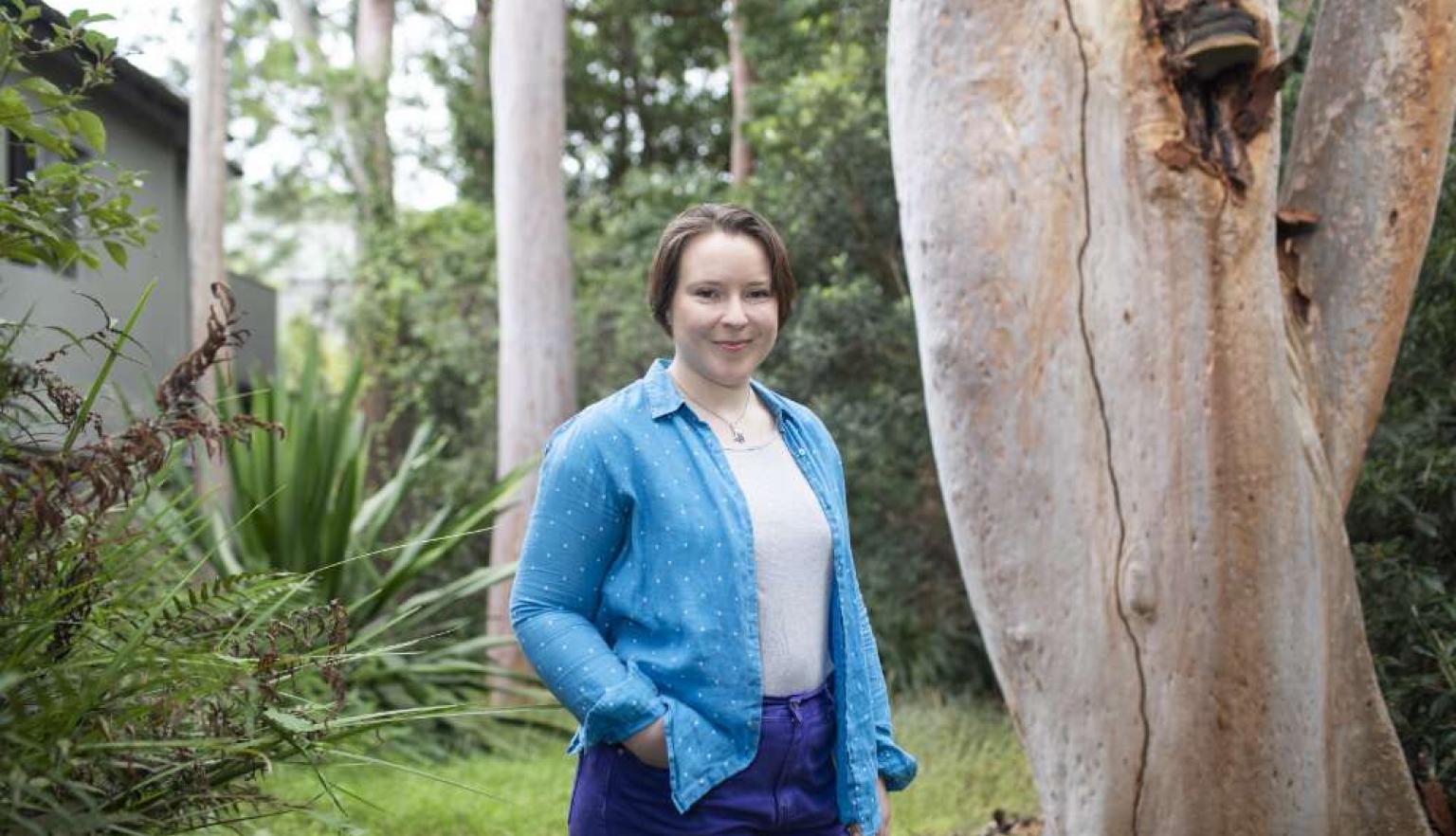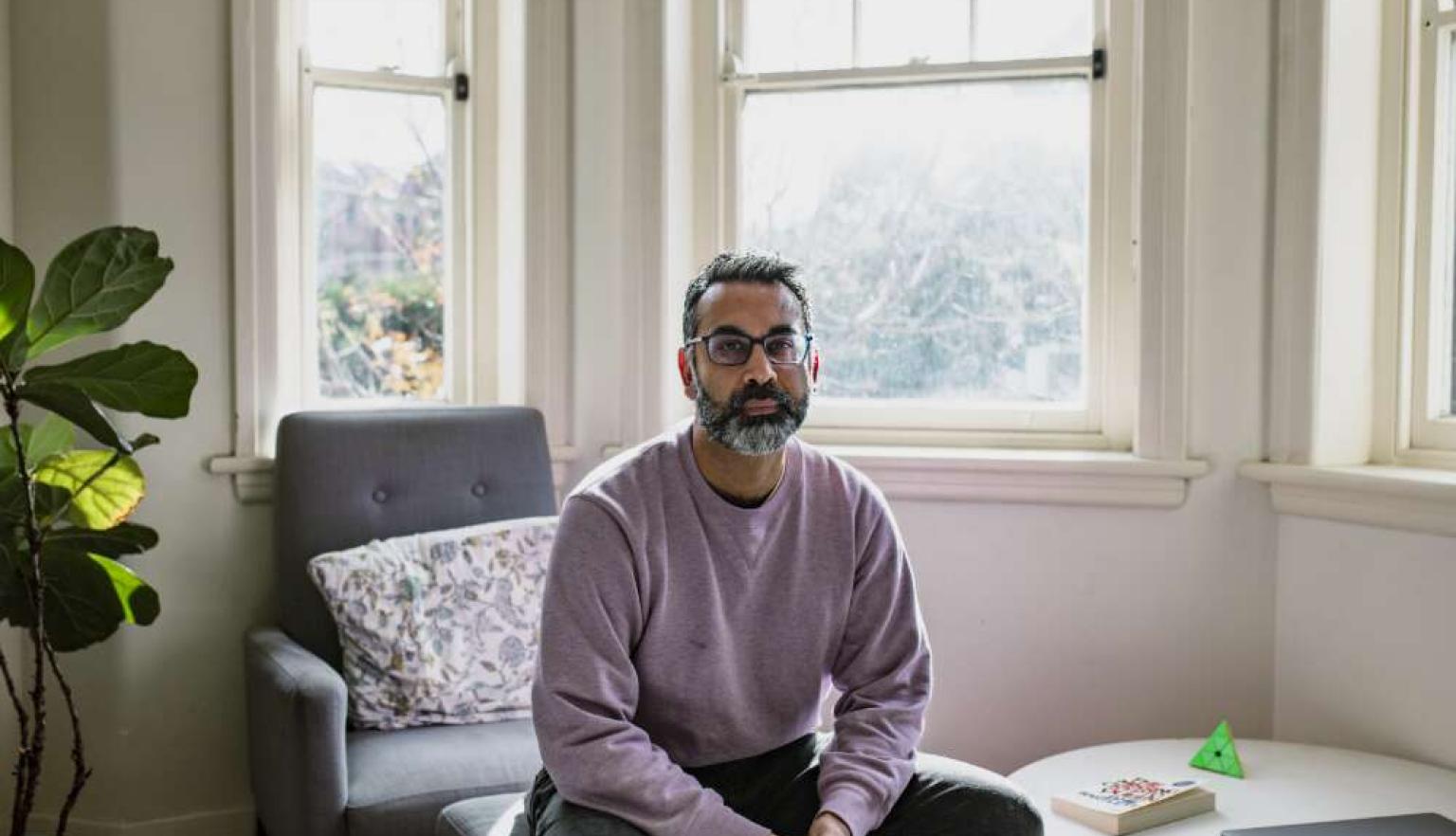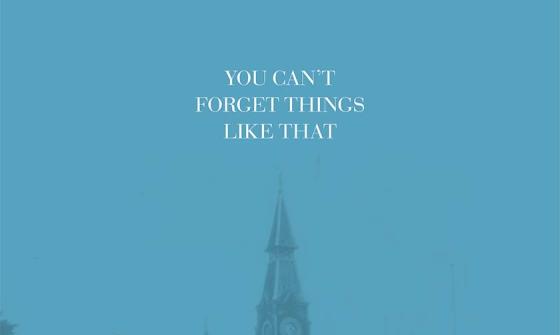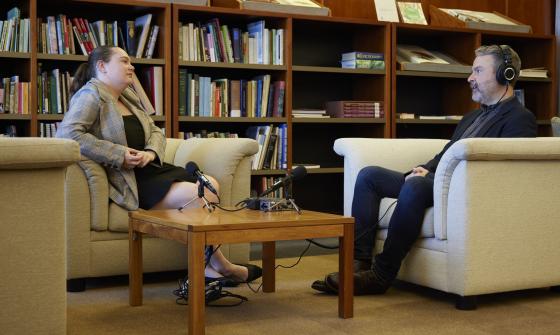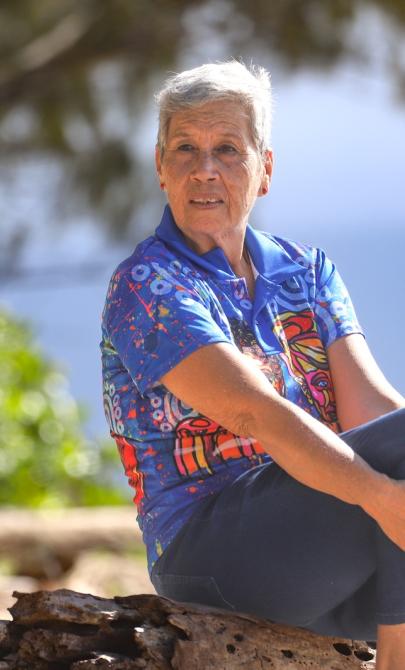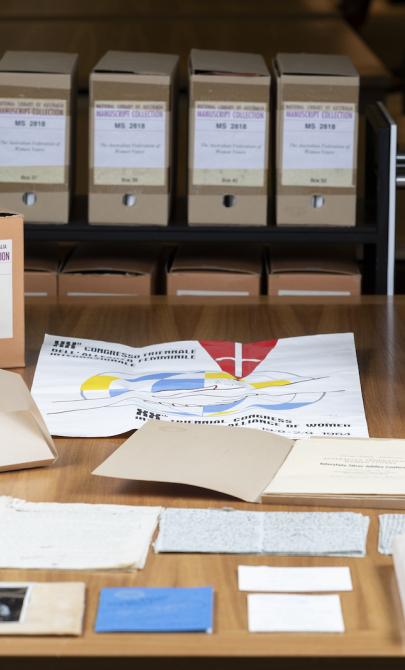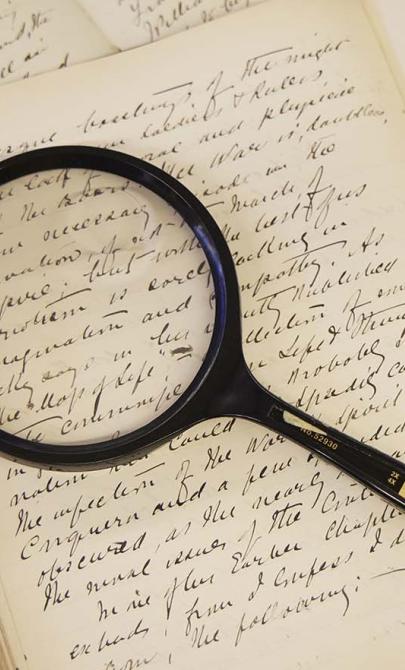Oral History and Folklore
About the Oral History and Folklore collection
Our Oral History and Folklore collection provides unique insights into Australia’s cultural, social, and intellectual life through recorded interviews. Our Oral History collection began with the Hazel de Berg collection of oral histories. The collection captures the voices of more than 1,200 Australians and is listed on the UNESCO Australian Memory of the World Register.
Building on Hazel de Berg’s work, our collection now includes more than 57,000 hours of recordings. The collection documents the personal experiences of individuals, from Nobel Prize-winning scientists to everyday Australians who have lived through significant events.
Oral histories are carefully structured interviews, allowing people to share their stories in their own words. Unlike written documents, these recordings capture the emotion, tone, and nuance of firsthand experiences. The collection also includes folklore recordings—traditional songs, stories, music, and more—documenting Australia’s diverse cultural heritage.
Browse Oral History and Folklore
In the collection
- Personal stories – Interviews with individuals reflecting on their lives, communities, and historical events.
- Folklore recordings – Traditional songs, stories, music, and cultural practices passed down through generations.
- Distinguished Australians – Conversations with scientists, writers, artists, politicians, and sportspeople.
- Social history – Firsthand accounts of key moments in Australian history, including the Great Depression, child removals, and migration experiences.
- Environmental sound – Recordings capturing Australia’s natural and built environments over time.
The collection continues to grow, with more than 1,000 hours of new recordings added each year. Increasingly, interviews and recordings are available online through our catalogue and Trove.
We actively collect interviews that reflect Australia’s diverse communities and experiences, ensuring that future generations can hear directly from those who shaped our history and culture.
Highlighted items
We record and share the memories of people with shared backgrounds or experiences—such as culture, occupation, place of residence or living through events like COVID-19.
Our social history projects highlight personal stories that help preserve Australia’s diverse history.
Bringing Them Home oral history project
These include over 300 interviews collected between 1998 and 2002 of Indigenous people and others, such as missionaries, police and administrators, involved in or affected by the process of child removals.
Forgotten Australians and Former Child Migrants project
Interviews with people who were in institutional and out of home care as children.
Interviews with key people responsible for the growth and success of Paralympic sport in Australia.
over 500 recordings between 1953 and 1994 of traditional Australian folk music, songs, recitations, bush dance music, yarns and reminiscences. John Meredith was a foundation member of the Bushwhackers and helped form the Bush Music Club and the Australian Folklore Society.
Our collection includes soundscapes recorded in different locations. Some record a significant time in history.
COVID-19 soundscapes collection
The COVID-19 Soundscapes Collection comprises 21 environmental sound recordings captured between May 10 and June 11, 2020, in Melbourne and Canberra. Recorded by Nicola Henningham and David Blanken, these audio pieces document the acoustic environments of urban life during the COVID-19 pandemic, reflecting its impact on city soundscapes.
Macquarie Island soundscapes in the Rob and Olya Willis folklore collection
The interview with Professor Raina MacIntyre, conducted by Professor Nicholas Jose on May 3, 2016, is part of the Australian National University Emeritus Faculty Oral History Project. In this recording, Professor MacIntyre reflects on her extensive career in public health and epidemiology, discussing her research contributions and experiences in the field.
20 Aug 2021 - What was, is, will be … – SOUNDS LIKE NOISE - Trove
Selected Collections
Explore selected highlights from the collection, offering insight into its depth and diversity.
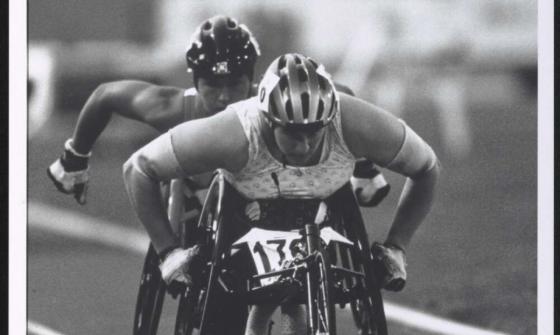
Serena Ovens, Portrait of Louise Sauvage, 1996 paralympian, nla.gov.au/nla.obj-136368441
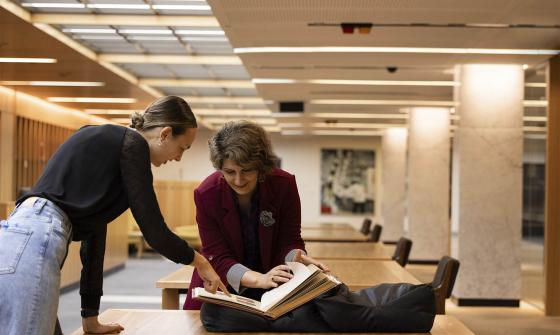
National Library of Australia staff looking at an album of paintings of Indian native costume on mica.
